
Walgreens and a California chain announced closures this week.

Delayed-release oral capsules for various forms of the disease.
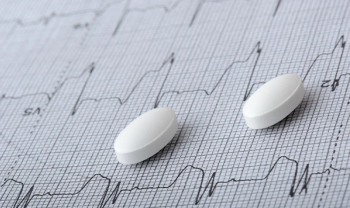
Statin regimens may need tweaking to deliver optimal results.

Fewer tracheobronchial branches may be a genetically-related risk factor.

Regular exercise can be an effective way to delay the onset and acceleration of COPD.

"I’ve yet to meet a pharmacist who ever had this covered in pharmacy school," writes Kreckel.

Results presented at the 2019 NCPA Annual Convention

Governor Pritzker pushing for lighter pharmacy workloads.
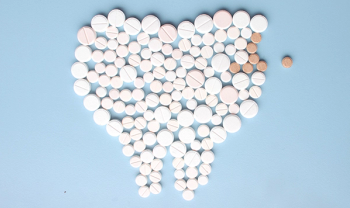
Common collaborations include allergy, antibiotic, and opiate consultations.

Commercial launch suspended due to manufacturer liquidity.

Fifth company warned about unsubstantiated claims this year.

New formulation improves safety for patients.

Approved in May 2019, granted to FoldRx, a subsidiary of Pfizer.
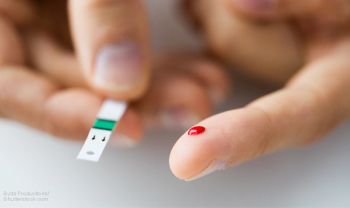
Previously approved for IV infusion.
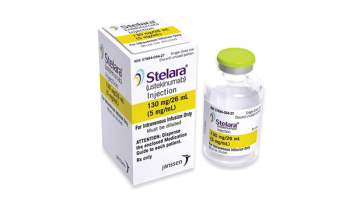
Fourth indication expansion for the 2009 drug.

What to expect for these high-dollar drugs.

Drug able to treat 18,000 people will cost over $300k per year.

Drug shortages might be decreasing, but their continued existence is urging the pharmacy industry to maintain its vigilance.
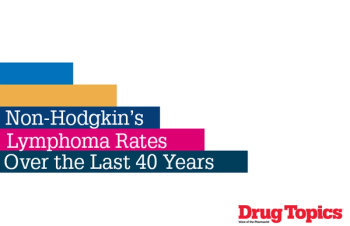
A look at incidence rates, survival rates, and more.

Available for prescribing starting January 2020

First approved in 2018 for patients 12 years of age and older.

Education can help pharmacists feel more comfortable dispensing care.

Originally approved in 1995 for use in adults only.

Job growth may stagnate and retail jobs continue to dwindle.

Results of multi-generational study indicates risk reduction potential.

Study shows that efficacy is a major concern.

What new laws could mean for pharmacies’ role in combatting HIV.

Many cite PBM fees as the primary cause in NCPA survey.

The deal is now official, but the companies have been acting as one for some time.